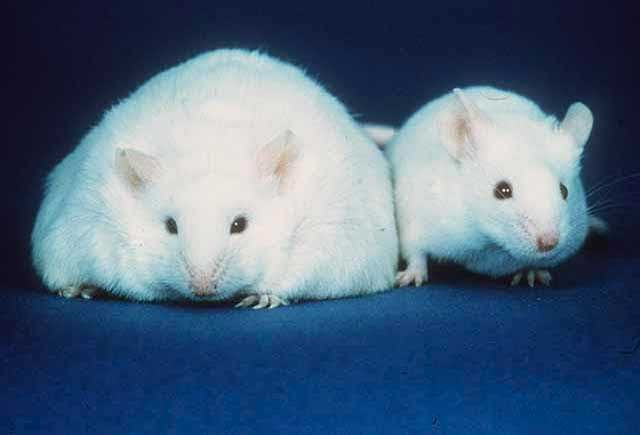Old Asthma Drug May Be Able To Combat Obesity And Diabetes

Published today in Nature, a report indicates that amlexanox, a drug that is currently off patent, may reduce the effects of obesity such as fatty liver and type 2 diabetes.
Because the drug is already on the market it won't have to go through as rigorous testing for safety as many new drugs on the market do. Additionally, because the medication's patent has been expired for a while now, generics could be quite cheap and easy to obtain.
In the report scientists at the University of Michigan looked at mice who were given a high calorie diet and subsequently became obese, and a control group that was fed a normal calorie restricted diet. Within the group who were given the obesity inducing diet, those mice that were also given the drug, amlexanox¸ lost weight, body fat, had their fatty livers decrease and reversed obesity induced type 2 diabetes that was caused by the diet.
According to a university press release: "One of the reasons that diets are so ineffective in producing weight loss for some people is that their bodies adjust to the reduced calories by also reducing their metabolism, so that they are 'defending' their body weight," Saltiel said. "Amlexanox seems to tweak the metabolic response to excessive calorie storage in mice."
Researchers at the university originally use high throughput screening techniques, a hast robot controlled screen process to determine what drugs could affect a well-known metabolism pathway, IKKe and TBK1 and shut the down. "Amlexanox appears to work in mice by inhibiting two genes-IKKE and TBK1-that we think together act as a sort of brake on metabolism," Saltiel said. "By releasing the brake, amlexanox seems to free the metabolic system to burn more, and possibly store less, energy."
Although the drug shows high promice in mice, it cannot be predicted how the molecule will act in people. "These studies tell us that, at least in mice, the IKKE/TBK1 pathway plays an important role in defending body weight by increasing storage and decreasing burning of calories, and that by inhibiting that pathway with a compound, we can increase metabolism and induce weight loss, reverse diabetes and reduce fatty liver," Saltiel said.
Dr. Saltiel is teaming up with clinical trial specialists at the University of Michigan and hopes to being clinical trials in people within the year.
The paper was published on February 10 in Nature Medicine



























